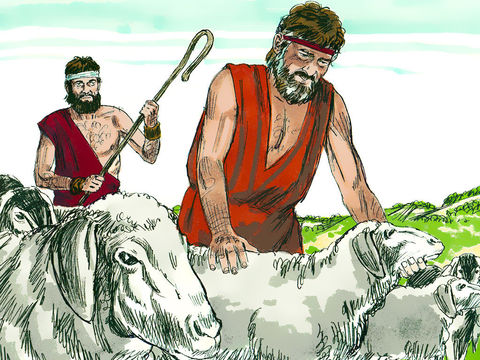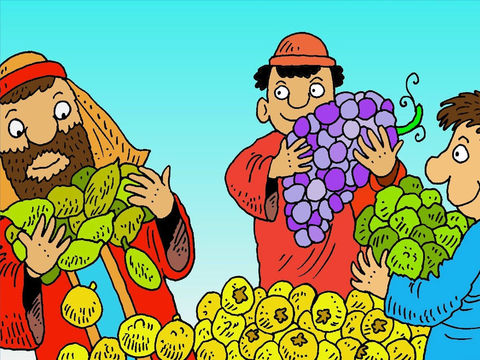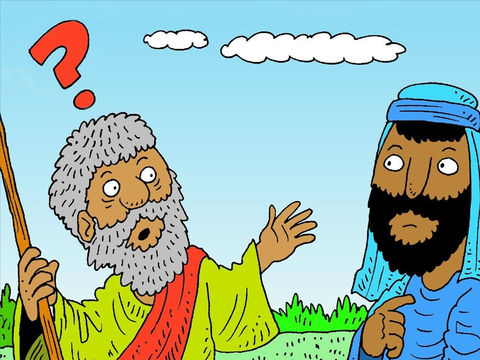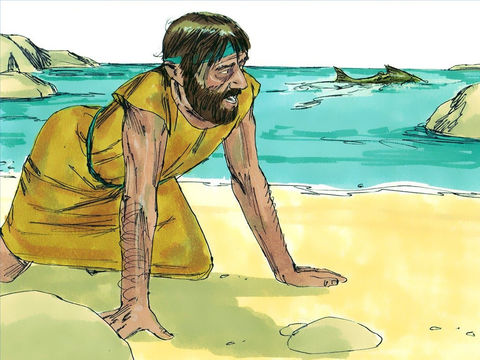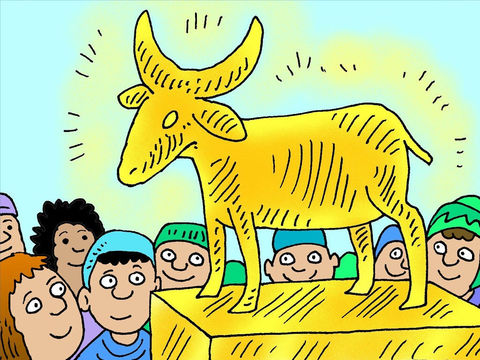World Ahead Weekly Update Announcement – 1/11/2020
MTC Phoenix
From February 14–16, we will have our first Men’s Training Camp for the Southwest area. The location will be on the northern outskirts of Phoenix, Arizona. Pastors Stephen Elliot, Jonathan Bueno, and Jonathan McNair will lead the event, along with Regional Pastor Dr. Jeff Fall. To find out more and to register, click here. In order to access the registration form, you’ll need to enter the password which can be obtained from your local pastor from the weekly update.” If you have questions, contact James Populo at [email protected]. Register right away, as we’ll be finalizing details shortly.
LivingEd Charlotte Registration Underway
We are now accepting applications for the 2020-21 school year for Living Education-Charlotte. Our nine-month intensive study program for young adults will begin on August 12th, as we begin our third year of student training. Apply now!
Blowing Rock Holy Day Weekend
Registration for our Spring Holy Day Weekend in the Smoky Mountains will begin next week. Blowing Rock, North Carolina will once again be the site for a gathering of members to observe the beginning of the Spring Holy Days, Arrival will be on April 8th, as we’ll keep the Night to Be Much Observed together. Departure will be on Sunday, April 12th. For more details and registration information, stay tuned for another announcement next week.

